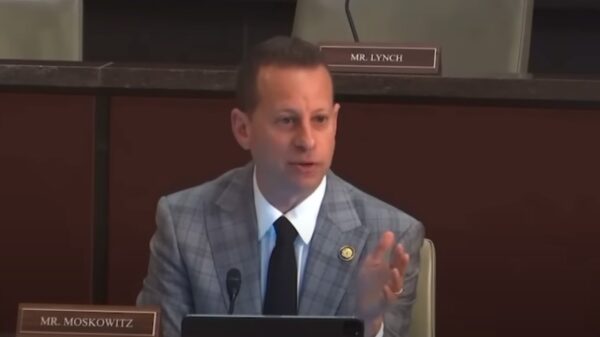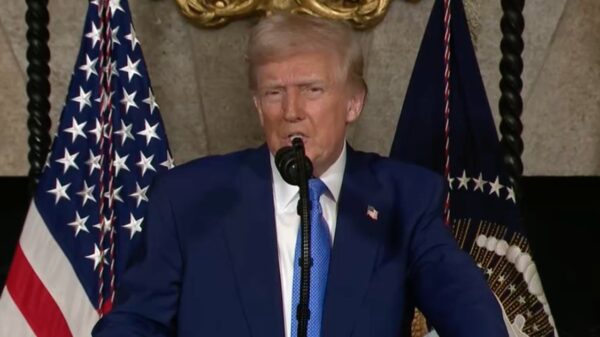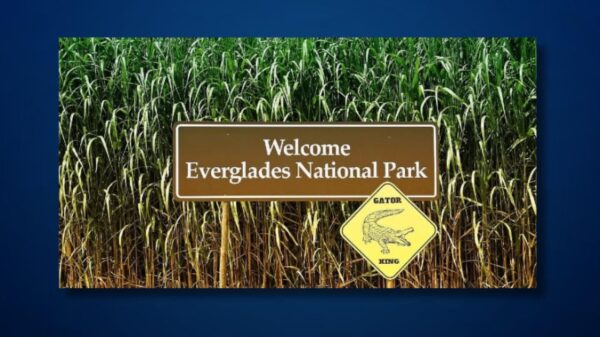Several surveys on this year’s presidential race shows voters being overwhelmed with election anxiety and stress.
Mental health treatment system AMFM conducted a nationwide survey of 2,000 Americans and it revealed that 22% of voters admitted the news reporting of the 2024 election was taking a toll on their mental health.
The reasons for stress? Fifty-Seven percent said misinformation and doom and gloom, while 54% said the election aftermath and 42% said they worry that their candidate not winning.
Other responses were 30% said their anxiety level was on the rises, and 18% experienced anger. Around 53% said they avoid talking about the election.
Another health care network, LifeStance Health, also conducted a survey over 1,000 Americans where 79% admitted they have election anxiety with 73% said they have not sought help to deal with it.
The poll also found that younger voters were the worst group with election anxiety. 64% of Gen Z and 54% of millennials. Fifty-Seven percent said they have daily thoughts about the election.
Families were also experiencing problems. 44% told pollsters that topics surrounding the election had a negative effect among relatives.
Social media was also blamed by those surveyed. 72% said social media platforms played a part in their election anxiety and 34% have block or unfollowed a friend because of their political leanings.
Forbes Health conducted a survey where 46% reported feelings of anxiety, 37% said they felt stressed with 31% experienced feelings of fear.
Among the age groups, 66% of Gen Z, and 64% of millennials said the election coverage had a mental impact on their health, with 56% of baby boomers saying the same thing.
But not everybody was pessimistic about this year’s elections. 27% said they felt optimistic, 22% were excited, 16% experienced happiness and 12% felt relief.
Men are more excited than women (27% to 19%) about the upcoming election.
To help ward off any anxiety dealing with the election, the same survey found 44% of voters are purposely not watching the news, and 35% not hanging with family members to avoid such issues.
Respondents named several social media outlets that bother them when it came to the presidential election.26% said YouTube, 23% said TikTok 19 said Instagram.























